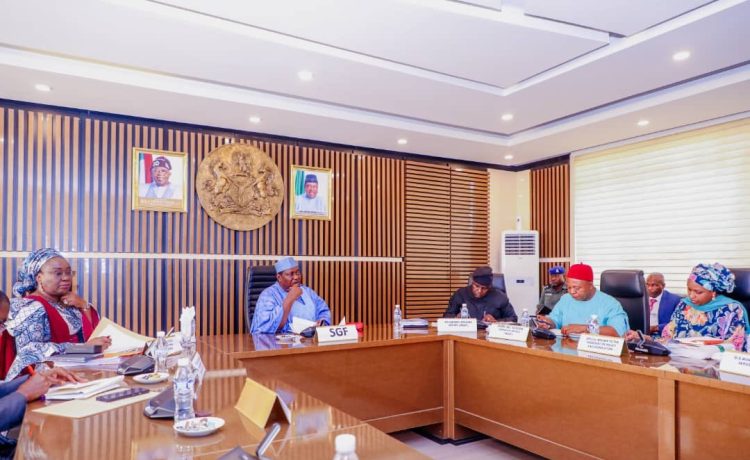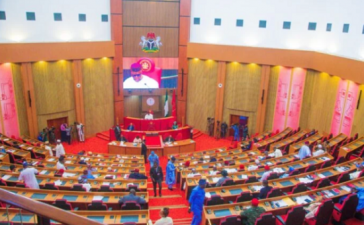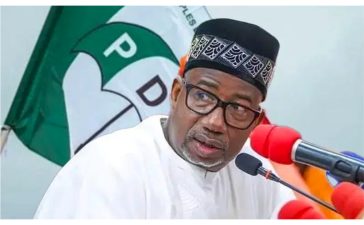In a decisive step toward reinforcing grassroots governance, the Federal Government has established a ten-member committee to oversee the implementation of the Supreme Court’s ruling on local government autonomy. This action signals a renewed commitment to decentralizing power and ensuring that local governments operate with greater independence and efficiency across Nigeria.

The committee, which was inaugurated on Monday, is tasked with developing a comprehensive framework to guide the enforcement of the Supreme Court’s decision, which mandates financial and administrative autonomy for local governments. This ruling, viewed as a significant victory for advocates of local government reform, aims to empower local councils to manage their affairs more effectively without undue interference from state governments.
The establishment of this committee marks a critical phase in the long-standing battle for local government autonomy in Nigeria. Despite the constitutional provisions that guarantee the autonomy of local governments, many have struggled to assert their independence, often hampered by the control exerted by state governments over their finances and administration.
The committee, composed of legal experts, government officials, and representatives from civil society, will focus on addressing these challenges by ensuring the implementation of policies that align with the Supreme Court’s directives. The committee is also expected to engage with key stakeholders, including state governments, to facilitate a smooth transition toward full autonomy.
A senior official in the Ministry of Justice, who spoke on the condition of anonymity, emphasized the importance of this move, stating, “This committee is crucial in ensuring that the Supreme Court’s ruling is not just a symbolic victory but a practical reality. Local governments are the bedrock of development, and their autonomy is essential for delivering services effectively to the people.”
The committee’s work will include reviewing existing laws and regulations that affect local government operations, proposing amendments where necessary, and monitoring the compliance of state governments with the Supreme Court’s ruling. Additionally, the committee will provide periodic reports on the progress of implementation to the Federal Government.
However, the road ahead is not without its challenges. The relationship between state and local governments has been fraught with tension, with state governments often reluctant to relinquish control over local councils. The success of this initiative will depend on the Federal Government’s ability to navigate these complexities and ensure that the committee’s recommendations are fully implemented.
As Nigeria continues to grapple with issues of governance and decentralization, the establishment of this committee represents a pivotal moment in the quest for stronger and more autonomous local governments. If successful, it could lead to more responsive and accountable governance at the grassroots level, ultimately improving the quality of life for millions of Nigerians.







